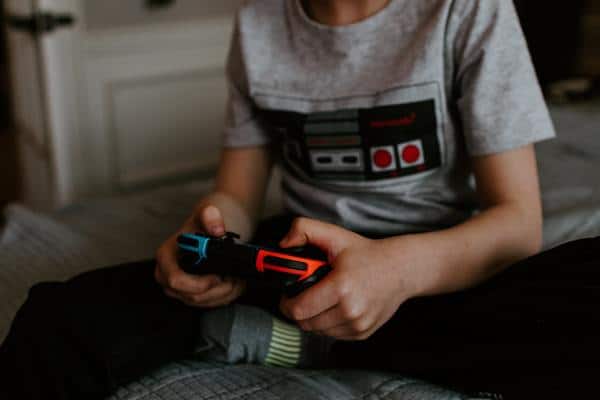Whether it’s Fortnite, Minecraft or Animal Crossing, more and more video games are headed online. And parents have good reason to be concerned about the risks of online gaming. Here’s what you need to know about online games, parental control apps, and the risks.
Remember Bullying and Theft Are the Most Common Risks
While we’ve been hearing for years about sexual predators, the bigger risks are bullying and theft. Every parent knows about in-app purchases and microtransactions, which are commonplace in video games at this point. Yet there are plenty of other risks, such as fraudsters pretending to be kids to get information out of children, cyberbullying, and other misbehavior.
While kids should understand how predators operate online, they should also know when a question is crossing the line, and when to walk away from a bully.
Know That Most Games Are “Online” In Some Way
While not all games have features where you can play against others, many modern games have some sort of online component. Many game publishers have “launchers,” like Ubisoft’s Uplay or EA’s Origin, that require an internet connection to run the game, while mobile games may collect information for advertising purposes.
Parents should configure these tools and games to stay as offline as possible if they’re concerned about sharing information.

Games Vary Widely On What Settings You Can Use
As there’s no uniform standard, how games function online and what you can do vary between publishers. Nintendo, for example, has a rigorous system where you need a long “friend code” to connect with people; if you can’t provide the code, you’re not allowed to interact. Others will create private servers or will age-gate servers so only people of a certain age can go on a server. Still, others just throw open the gates. In many cases, configuring things is up to the parent. Parental control software is strongly recommended for games without many internal controls, and you should consider your personal digital parenting style as well.
Abuse Takes Many Forms
Beyond a certain point, there is little publishers can do. Nintendo, for example, has done a lot to limit abuse, but Animal Crossing players have taken to vandalizing other players’ spaces and stealing rare items. Most will have some form of “abuse” policy that removes users who engage in hate speech, death threats, and other extremes. But preventing rude behavior and bullying is largely left up to the players themselves, and may depend on the audience. An adult may engage in “trash talk” not realizing a child is on the other end of the chat window.
Similarly, adults may do things in online video games intended for other adults that kids can accidentally stumble into. There may be graffiti, phrases in people’s gamertags and profiles, and other content that parents may take exception to.
What Else Can Parents Do?
- Limit online gaming to certain days and times.
- Enforce rules with parental control software.
- Make it clear kids can come to you with concerns.
- Configure the game to shut off in-app payments and limit chat and voice functions.
- Check the game’s terms of service to see how abusive behavior can be reported.
- Make sure games have been rated to the appropriate level by the Entertainment Software Ratings Board or a similar professional entity.
To learn more about parental control apps, try it for free!


Join the conversation